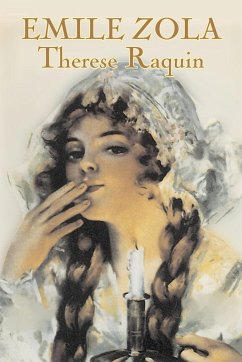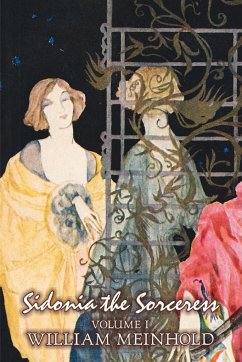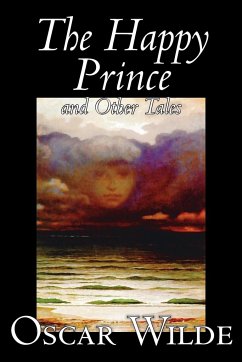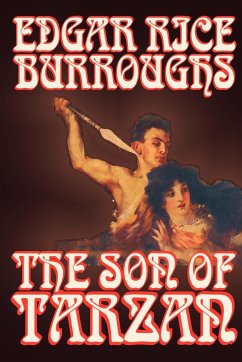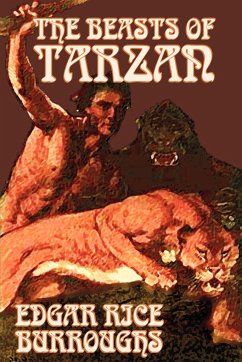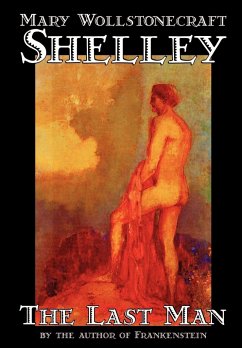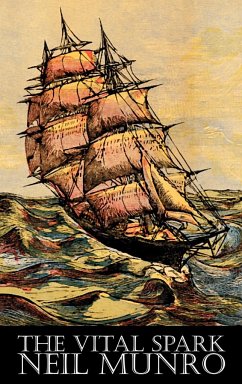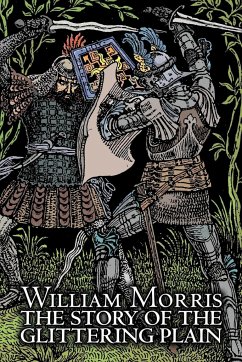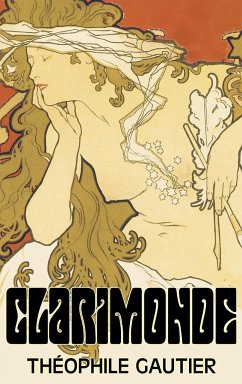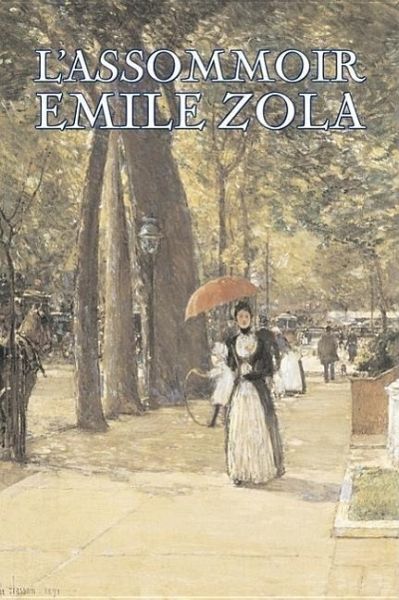
L'Assommoir by Emile Zola, Fiction, Literary, Classics

PAYBACK Punkte
12 °P sammeln!
L'Assomir tells the story of Gervaise Macquart. In Paris working as a laundress, she is abandoned with her young sons by her lover, Lantir. She marries a roofing engineer named Coupeau, saves enough money to open her own laundry and bears a daughter named Nana. But a fall from a roof badly injures Coupeau, and he takes to drink during his recovery. Lantier returns, Gervais suffers reverses including losing her shop, and joins Coupeau in a downward spiral of drink. It traces two branches of a single family. Said Zola, "I want to portray, at the outset of a century of liberty and truth, a family...
L'Assomir tells the story of Gervaise Macquart. In Paris working as a laundress, she is abandoned with her young sons by her lover, Lantir. She marries a roofing engineer named Coupeau, saves enough money to open her own laundry and bears a daughter named Nana. But a fall from a roof badly injures Coupeau, and he takes to drink during his recovery. Lantier returns, Gervais suffers reverses including losing her shop, and joins Coupeau in a downward spiral of drink. It traces two branches of a single family. Said Zola, "I want to portray, at the outset of a century of liberty and truth, a family that cannot restrain itself in its rush to possess all the good things that progress is making available and is derailed by its own momentum, the fatal convulsions that accompany the birth of a new world." Zola's shocking descriptions of conditions in working-class 19th-century Paris drew widespread admiration for his realism. Half of Zola's novels were a set of twenty called Les Rougon-Macquart, set in France's Second Empire.
Dieser Artikel kann nur an eine deutsche Lieferadresse ausgeliefert werden.




